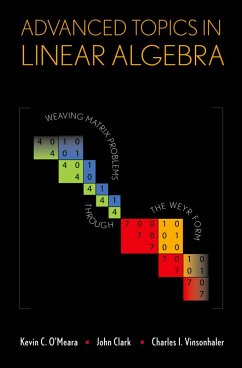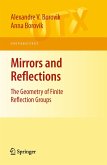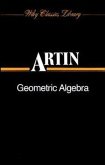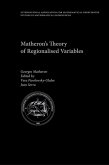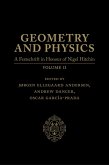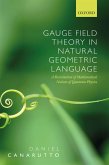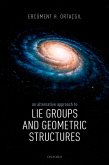The Weyr matrix canonical form is a largely unknown cousin of the Jordan canonical form. Discovered by Eduard Weyr in 1885, the Weyr form outperforms the Jordan form in a number of mathematical situations, yet it remains somewhat of a mystery, even to many who are skilled in linear algebra. Written in an engaging style, this book presents various advanced topics in linear algebra linked through the Weyr form. Kevin O'Meara, John Clark, and Charles Vinsonhaler develop the Weyr form from scratch and include an algorithm for computing it. A fascinating duality exists between the Weyr form and the Jordan form. Developing an understanding of both forms will allow students and researchers to exploit the mathematical capabilities of each in varying situations. Weaving together ideas and applications from various mathematical disciplines, Advanced Topics in Linear Algebra is much more than a derivation of the Weyr form. It presents novel applications of linear algebra, such as matrix commutativity problems, approximate simultaneous diagonalization, and algebraic geometry, with the latter two having topical connections to phylogenetic invariants in biomathematics and multivariate interpolation. Among the related mathematical disciplines from which the book draws ideas are commutative and noncommutative ring theory, module theory, field theory, topology, and algebraic geometry. Numerous examples and current open problems are included, increasing the book's utility as a graduate text or as a reference for mathematicians and researchers in linear algebra.
Dieser Download kann aus rechtlichen Gründen nur mit Rechnungsadresse in A, B, BG, CY, CZ, D, DK, EW, E, FIN, F, GR, HR, H, IRL, I, LT, L, LR, M, NL, PL, P, R, S, SLO, SK ausgeliefert werden.

